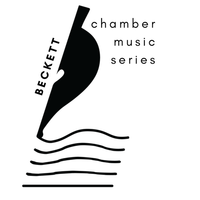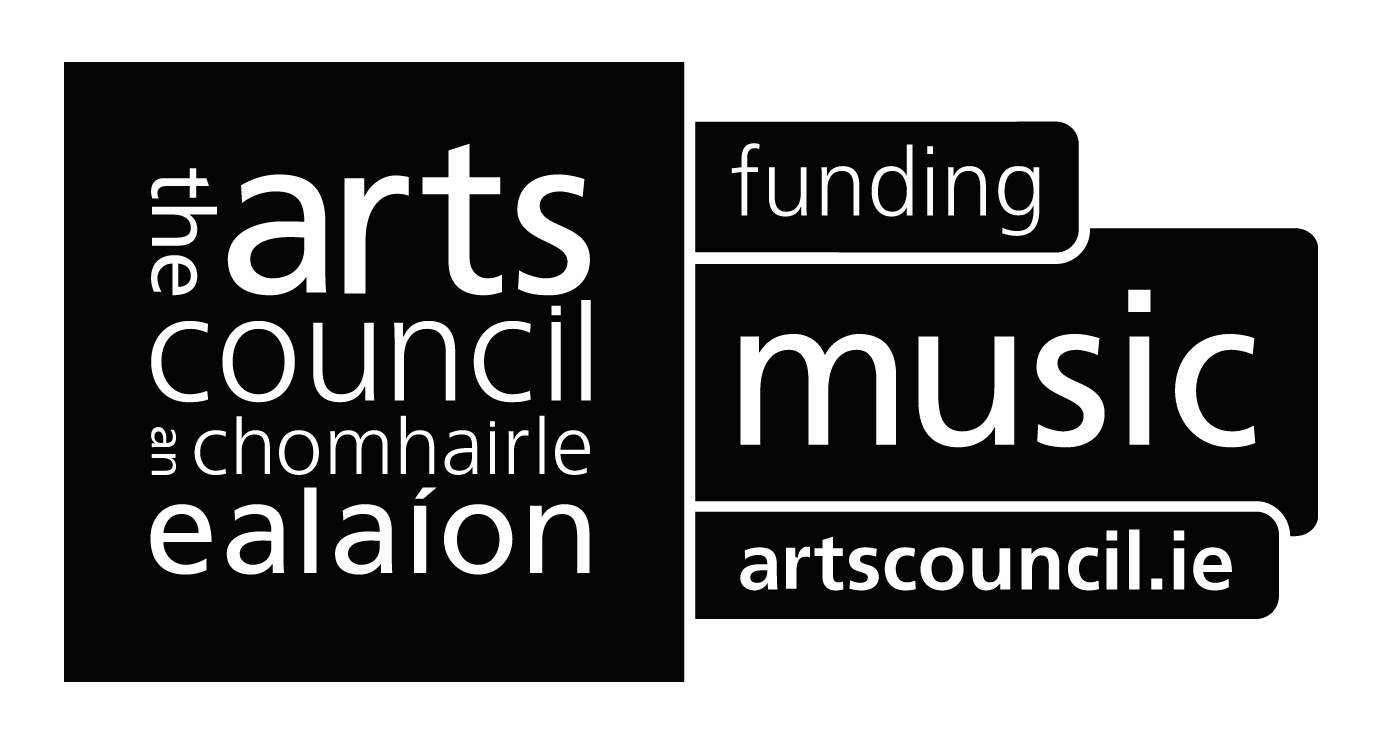Schoenberg and Poetry
|
Richard Dehmel (1863–1920)
Verklärte Nacht from Weib und Welt (1896) Arnold Schoenberg (1874–1951) Verklärte Nacht for string sextet Op.4 (1899) Albert Giraud (1860–1929) 21 Poems from Pierrot Lunaire: Rondels Bergamasques in Engish translations by Andrew Porter after Otto Erich Hartleben’s 1892 German translation Arnold Schoenberg Pierrot Lunaire Op.21 (1912) |
Artists:
Barry McGovern poetry recitation Michelle O'Rourke voice Finnegan Downie Dear conductor Ioana Petcu Colan violin Sarah Sew violin Joachim Roewer viola Lisanne Melchior viola Aoife Nic Athlaoich cello Yseult Cooper Stockdale cello Máire Carroll piano Joshua Batty flute John Forde clarinet |
Wednesday 27 June 2018, 8pm
Smock Alley Theatre, Dublin
Boys' School Space
Smock Alley Theatre, Dublin
Boys' School Space
€20/€18 Schoenberg and Poetry
€50/€45 Series Ticket (3 Concerts)
Tickets available at Smock Alley Box Office +353 1 677 0014
Online bookings incur a €1 booking fee
€50/€45 Series Ticket (3 Concerts)
Tickets available at Smock Alley Box Office +353 1 677 0014
Online bookings incur a €1 booking fee


